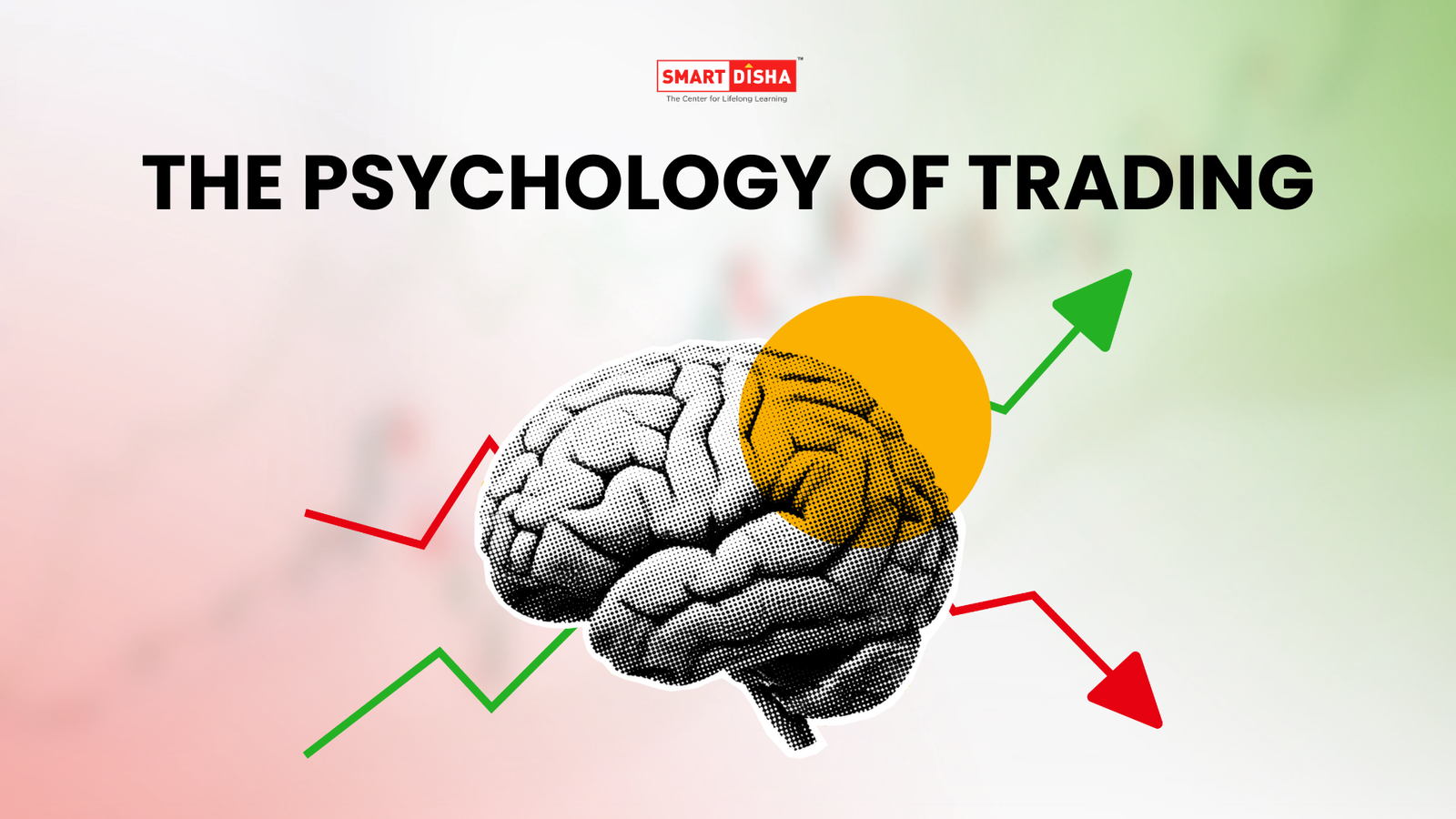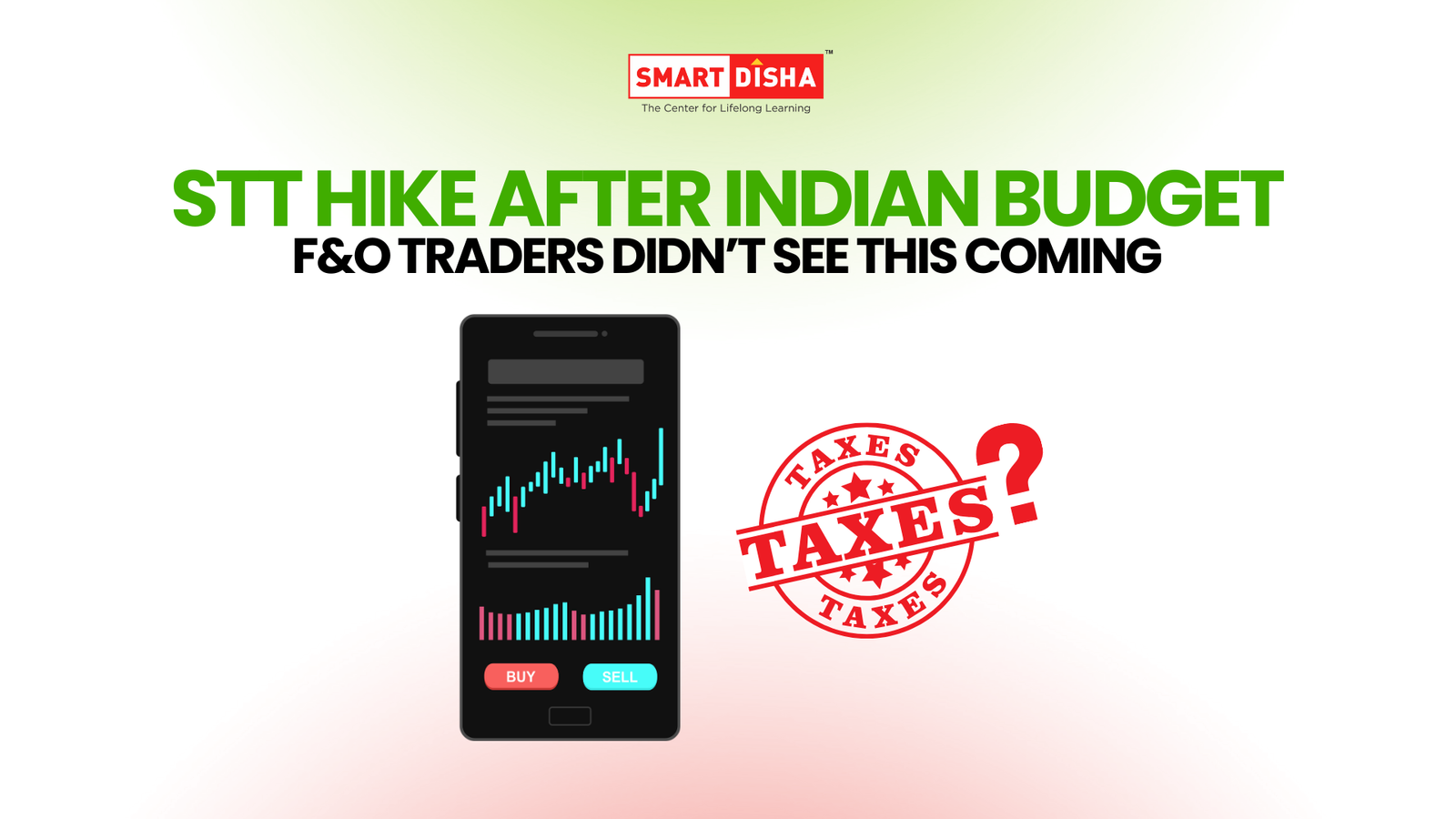Ask any successful trader about their biggest challenge, and most won’t point to technical charts or complex strategies. They’ll often say, “controlling my emotions.” The psychology of trading is just as important as the numbers on a screen, because it’s your mindset that decides how you react to them. Fear, greed, overconfidence, and hesitation can determine whether you lock in profits at the right moment or allow a small loss to spiral into something bigger. In many cases, the psychology of trading is the hidden factor that separates consistent winners from those who constantly struggle
In this blog, we’ll explore how emotions influence trading decisions, the most common psychological traps, and proven methods to build discipline and consistency
Why Trading Psychology Matters More Than Strategy
You can have the best strategy in the world perfect indicators, flawless risk-to-reward ratios, and backtested setups. But if you panic and close a trade early, or hesitate to enter when your system signals, the strategy fails
- Fear makes traders exit too soon
- Greed makes traders stay in too long
- Overconfidence makes them risk more than they should
- Doubt makes them miss opportunities
Trading is 20% strategy and 80% psychology. Until you master your mindset, you’ll never fully master the market
The Big 4 Emotions That Control Traders
1. Fear
Fear of losing capital often leads to hesitation or closing trades too early. A small dip feels like disaster, even if the setup is valid
2. Greed
The market moves in your favor, and suddenly the planned exit isn’t enough. You hold on, chasing more profit only to see it reverse
3. Overconfidence
A winning streak creates false security. Risk per trade increases, stop-losses are ignored, and losses hit harder when they come
4. Regret
After missing a trade or exiting too early, regret pushes traders into revenge trading. They chase losses and break discipline
Real-Life Example: Emotional Trading in Action
Imagine a trader named Raj
- He planned to risk only 2% of his capital per trade
- After three successful trades, he felt unstoppable
- On the fourth trade, he doubled his position size, thinking: “I can’t lose.”
- The market turned unexpectedly, and he lost more in that one trade than he made in the last three
This is the psychology trap: emotions override planning
How to Control Emotions in Trading
- Use Fixed Risk Rules
- Decide before entering: maximum loss per trade = 1–2%
- No matter how confident, stick to it
- Decide before entering: maximum loss per trade = 1–2%
- Set Stop-Loss and Don’t Move It
- Stop-loss orders protect against panic and impulse
- Adjust only if strategy demands not emotions
- Stop-loss orders protect against panic and impulse
- Journal Every Trade
- Write why you entered, what you felt, and how it ended
- Over time, patterns of emotional mistakes will show
- Write why you entered, what you felt, and how it ended
- Take Breaks
- If emotions run high, step away. A calm mind makes rational decisions
- If emotions run high, step away. A calm mind makes rational decisions
- Focus on Process, Not Profit
- Winning every trade isn’t the goal
- The goal is consistent execution of a tested system
- Winning every trade isn’t the goal
Here’s the graph showing how emotions (fear, greed) distort trading outcomes compared to a planned exit
- Planned Exit = +15%
- Fear Exit = +5%
- Greed Exit = –10%
This clearly visualizes why psychology matters more than strategy
Key Questions Answered
Q1: What is trading psychology?
👉 Trading psychology refers to the mental and emotional factors that influence how traders make decisions in the market. It includes managing fear, greed, overconfidence, and discipline
Q2: Why is trading psychology important?
👉 Because even with a perfect strategy, emotional decisions like panic selling, overtrading, or chasing losses can ruin results. Psychology is what ensures consistency
Q3: How can a trader control emotions?
👉 By setting strict stop-losses, using fixed position sizes, journaling trades, and focusing on the process instead of chasing profits
Q4: Which emotion affects traders the most?
👉 Fear and greed are the two strongest emotions. Fear often causes premature exits, while greed makes traders overstay or overtrade
Q5: Can overconfidence also harm trading?
👉 Yes. Overconfidence leads to ignoring risks, taking oversized positions, and believing one can’t lose. It often causes bigger losses after winning streaks
Q6: How do professionals manage trading psychology?
👉 They rely on risk management rules, diversify positions, stick to tested strategies, and keep emotions separate from execution
Final Thoughts
Trading isn’t just numbers, charts, or strategies. It’s a battle with your own mind. Consumer behavior drives markets, but trader behavior decides results. If you master your emotions, you can survive losses, manage risks, and stay consistent. If you let fear or greed take over, even the best strategies will fail
The market rewards those who treat trading as both a skill and a mindset.
Discipline, self-awareness, and humility are the real edge
“Building discipline also means understanding your personal comfort with risk. You can read more in our article on Risk Tolerance and Investment Strategy.”




